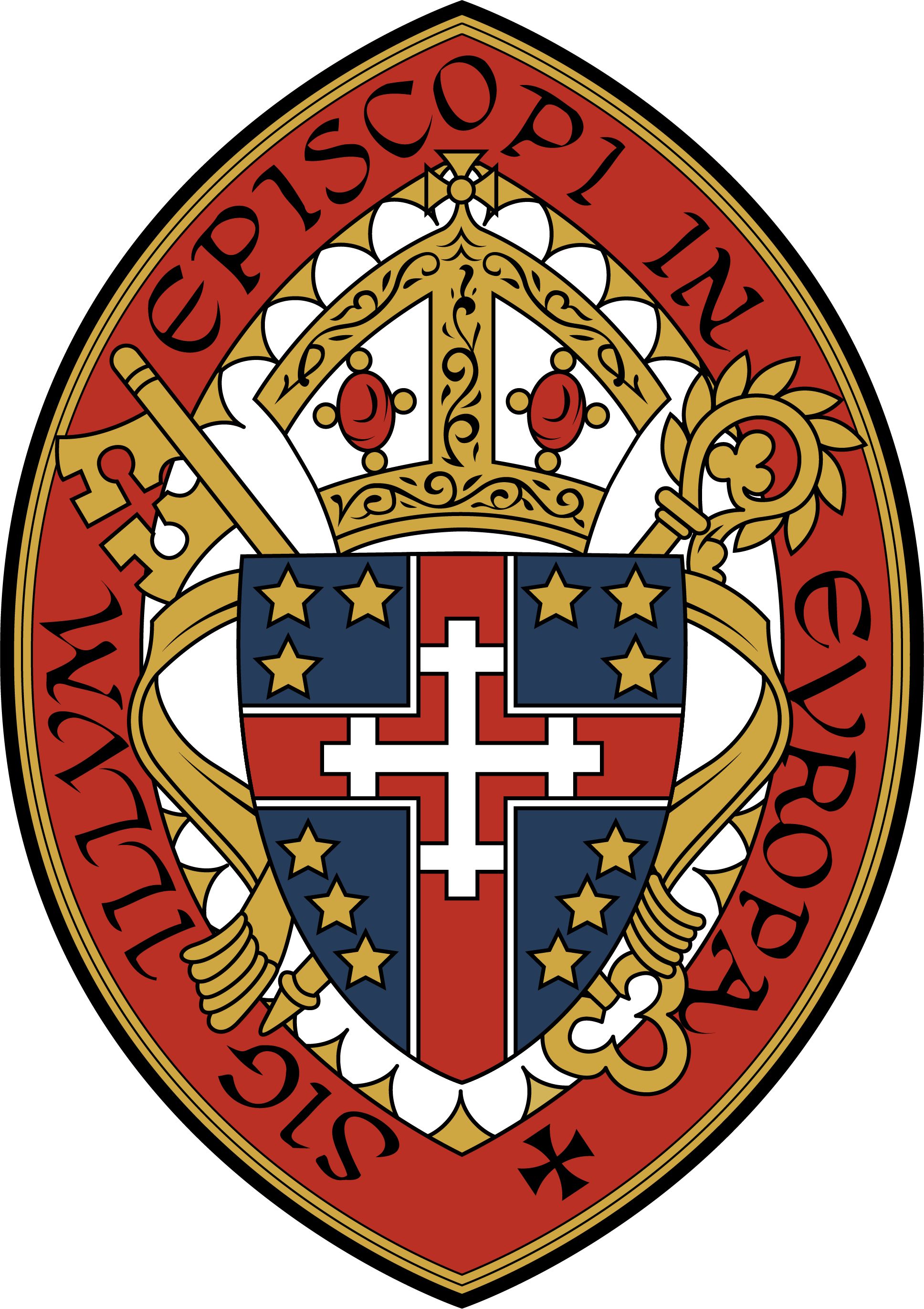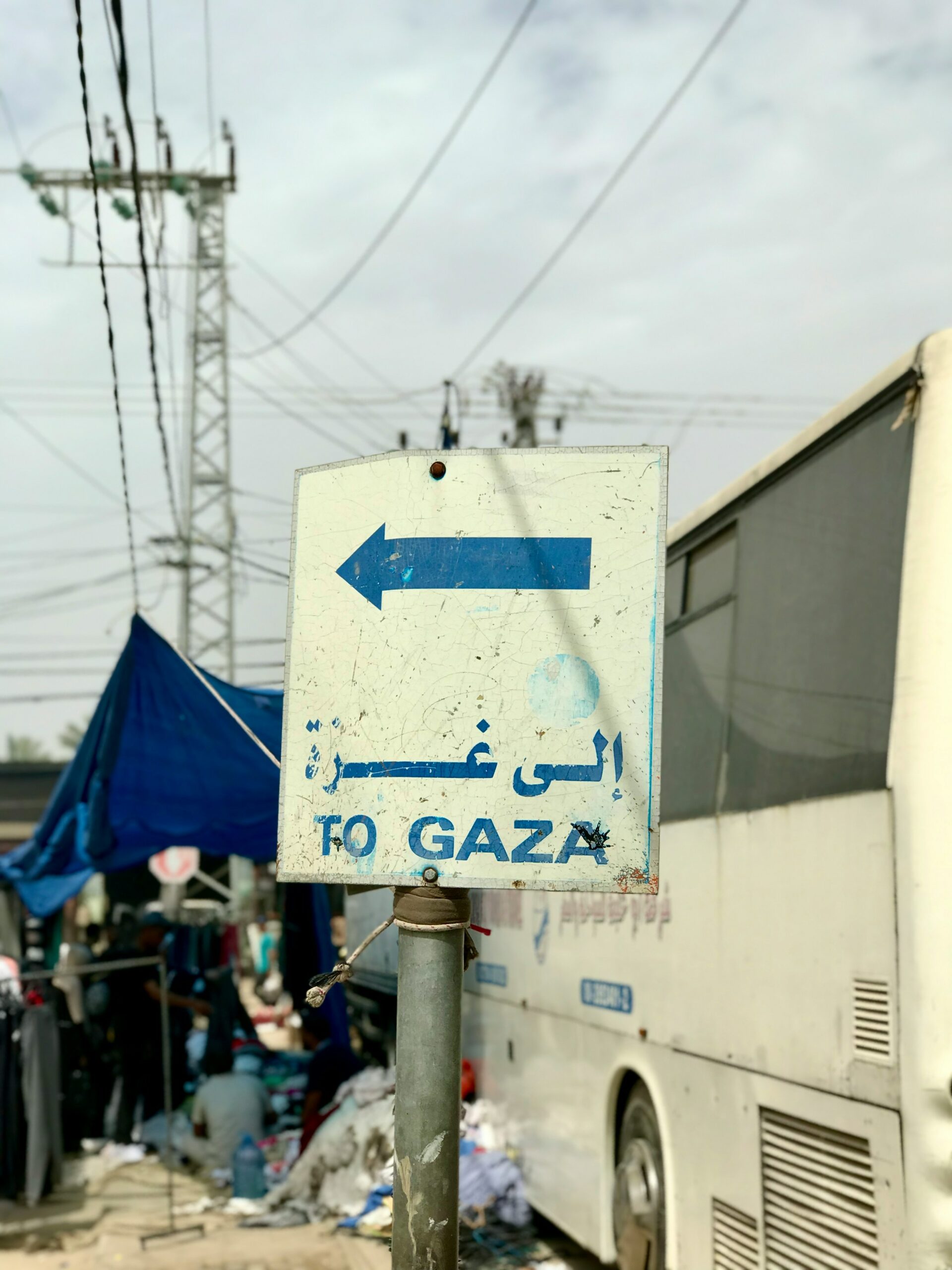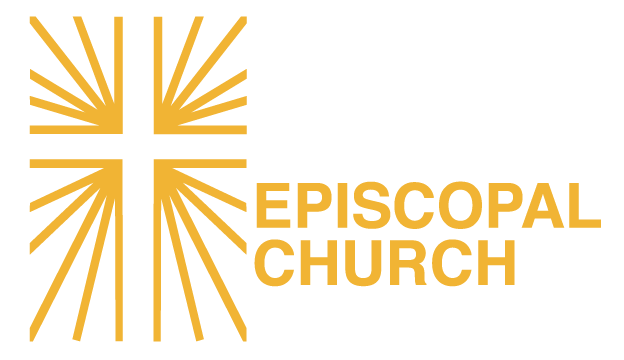
A Pastoral Letter to the Clergy and People of the Convocation of Episcopal Churches in Europe
Paris | July 17, 2025

Photo by Emad El Byed, on Unsplash
To the People of God of the Convocation of Episcopal Churches in Europe,
More than a year and a half ago, Hamas unleashed a brutal terror attack on Israel. More than a thousand people were murdered, including 815 civilians. Two hundred and fifty one Israelis, both military and civilian, were taken hostage. The world justifiably recoiled in shock and horror; Israel was shaken to its core, feeling its very existence to be threatened.
Since then, successive military campaigns by the Israeli Defense Forces (IDF) have caused utter devastation in Gaza, reducing most cities to rubble. According to the IDF, Hamas has persisted in sheltering in a network of underground tunnels, precipitating repeated bombings of institutions like hospitals and schools by the IDF—which the government of Israel has justified on the basis of its claims of the presence of Hamas operatives in these spaces.
These attacks have continued unabated in recent weeks. In early June, an Israeli drone attacked the Anglican Al-Ahli Hospital—nearly the last hospital operating in Gaza—killing 5 people, including a father escorting his son to surgery and three journalists.
Just this past week some twenty people, including children, perished in a stampede at an aid center run by the so-called “Gaza Humanitarian Foundation,” a private foundation set up by Israel and the United States with little expertise and less experience in humanitarian affairs; and the only Roman Catholic Church in Gaza, the Church of the Holy Family in Gaza City, sustained a direct hit from an IDF tank shell, killing three and wounding nine, including the pastor, Fr. Gabriele Romanelli.
As a result of these attacks and the war in Gaza generally, tens of thousands of non-combatant Palestinians have been killed—by some estimates, between 54,000 and 64,000 direct deaths from traumatic injuries, the latter estimate published by The Lancet. Over half of these deaths have been of women and children. More than 124,000 Palestinians have been injured in the conflict, the vast majority by IDF operations. Two hundred and twenty-four humanitarian aid workers have lost their lives, some of whom were directly targeted by IDF strikes.
Last year’s General Convention passed several carefully worded resolutions (D007, D009, D012 and D013) calling for the immediate cessation of hostilities, the urgent provision of food and medical aid to the Palestinian people, and the release of the remaining Israeli hostages. These resolutions avoided the use of accusatory language about the nature of Israel’s actions in Palestine, accusations that are the province of the mandatory jurisdiction of the International Court of Justice.
But there is now a growing sense across the church and the wider community of concerned observers that the time for restraint in our speaking about these things has run its course, and that the cause of justice compels us to speak clearly against the evident objective of the Israeli government to either dispossess the Palestinian people entirely of what little land they have in Gaza, or to effectively to destroy the Palestinian community as a people. I hope you have seen the Presiding Bishop’s Letter to the Church, drawing attention to the recent address of Archbishop Hosan Naoum, who leads the Episcopal Diocese of Jerusalem and the Middle East, given at the meeting of the Church of England’s General Synod.
These voices are not only coming from within the church. Omer Bartov, a distinguished scholar of the Holocaust teaching at Brown University, has recently written in the New York Times that:
A growing number of experts in genocide studies and international law have concluded that Israel’s actions in Gaza can only be defined as genocide…. The continued denial of this designation by states, international organizations and legal and scholarly experts will cause unmitigated damage not just to the people of Gaza and Israel but also to the system of international law established in the wake of the horrors of the Holocaust, designed to prevent such atrocities from ever happening again. It is a threat to the very foundations of the moral order on which we all depend [my emphasis].
As we move through the season after Pentecost, it is well to remember that one of the only still-living languages spoken at that marvelous event was Arabic—and that one of the oldest continuous Christian presences in the world is directly threatened in Gaza. This tiny but tenacious community, composed of Palestinian Christians whose families have made Gaza their home for nearly two millennia, is now sheltered in churches and chapels, at least three of which have been bombed by the IDF during the current conflict. With the war and the massive destruction in Gaza, this community may well become extinct, either completely destroyed or forced into exile.
The Convocation is the presence of the Episcopal Church on the continent where the Holocaust happened. We live in daily awareness of the evils of genocide as we walk past the stolpersteine in the sidewalks of our cities, and we hold no illusions that the fundamental cause of genocide—human hatred—somehow ceased with end of the Holocaust. We need look no farther than the recent history of the nations in which our churches gather to trace the trajectory from polarization to demonization to extermination.
Israel came into existence as a means of providing a homeland to a people who had suffered the unimaginable horrors of the Holocaust, following centuries of anti-semitic persecution, pogroms, expulsions, demonization and harassment. Since the Hamas atrocities against Israel were unleashed, we have witnessed a horrific rise in anti-semitism and anti-semitic acts of violence across the world, which I condemn unreservedly.
Yet these by themselves do not shield the government of Israel from critique as a nation in the international system. It is answerable to the same treaties, the same standards, the same expectations of humanitarian conduct as any other nation. And against these standards, it is failing—with catastrophic consequences for both Palestinians and Israelis.
The church is not an institution for policy analysis and advocacy. The church that follows Christ is an institution called to work for justice, show mercy, and labor constantly for peace in a fallen world. Christ’s death and resurrection did not somehow repair the faults of human fallenness; instead, the work of the Cross has been to give us a clearer sense of the dangers we confront in human sinfulness, and a means of reconciling with God and with each other.
Our focus as people of faith must be to demonstrate the power of reconciliation and the work of peacemaking. We will accomplish little if our energies are principally spent on disagreeing with each other. Our clear call now, in this moment, is:
-
To show within our own communities a model of welcoming the vulnerable, the refugee, and the displaced;
-
To call on our elected leaders to work for an end to this brutal and mindless conflict, a recognition of the right of the Palestinian people, as we recognize that of the Israelis, to remain and prosper in their lands, and the immediate provision of assistance in rebuilding homes, lives and hope in Gaza;
-
And to support the beleaguered Christian community in Palestine, especially the Episcopal Diocese of Jerusalem and the Middle East, as it works tirelessly to rebuild the hospitals and schools it has long supported for the benefit of all Palestinians of any creed or faith. (The Convocation can help you and your congregation with this.)
The Episcopal Church, in full support of Archbishop Naoum and the people he leads, remains committed to a two-state solution, with the right of Israel to exist as a state and as a homeland for the Jewish people. But it is our particular responsibility, privileged as we are to live and worship in the nations of Europe, to acknowledge that the seeds of genocide that once flourished into bitter fruit in these nations are being planted again in these lands by movements on the extreme right.
We must commit ourselves to praying fervently and speaking clearly against hatred of any class or group of people as contrary to the clear teachings of New Testament; and we must pray without ceasing that God will turn the hearts of those who make their appeal to violence, to bring a swift and just end to the waste and wickedness of war.
See you in church,

